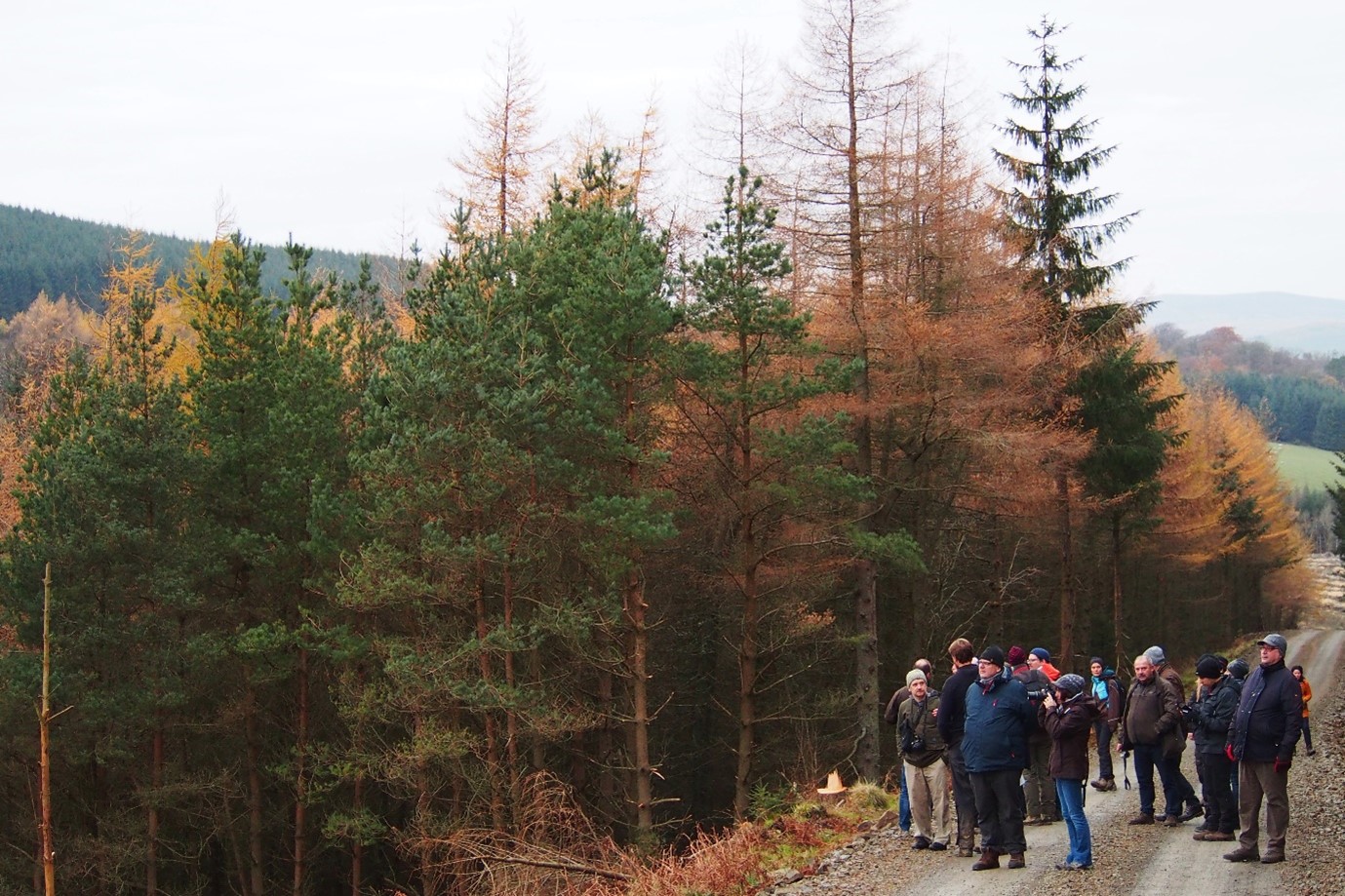I joined FSC UK in November 2013. If I’m brutally honest, I was pretty ignorant about certification at the time. I’d been on the receiving end of the UK Woodland Assurance Standard (UKWAS) when I worked for Forestry Commission Wales, but I didn’t really know much about FSC. The job of Forest Standards Manager was an opportunity to learn, as much as anything.
Well, I have learned a few things in the last nine and a half years, but as with most jobs I have mostly learned that there is still much more to know.
Quite a lot has changed, nationally and internationally. The certified area in the UK has crept up; it was 1.59 million hectares in November 2013, and now stands at about 1.66 M ha. When I started, UKWAS 3.1 was in force; it was replaced by UKWAS 4 in 2018, and UKWAS 5 is now working its way through the international approval process. The leadership of FSC UK has changed, with Rosie Teasdale replacing Charles Thwaites, and the staff complement has grown, including our little forest team; I began working two days a week, then increased to three days, and was eventually joined by our full-time Outreach Manager Amy Willox. 2016 saw the first meeting of the Forest Network, which brought together FSC standard development process coordinators from North America, Europe and CIS countries; it has since grown into the Forest Management Community, and now involves standard developers from all over the world. And of course FSC’s international rules have continued to evolve.
The main focus of my work has been on trying to ensure that each new iteration of UKWAS is approved as the FSC Forest Stewardship Standard for the UK. There have certainly been challenges along the way, but there have been a couple of developments which have stood out for me. Firstly, we have worked to build closer relationships with organisations representing small and community woods; Llais y Goedwig are now FSC members, the Small Woods Association is represented on the UKWAS Steering Group, and Small Woods, Llais y Goedwig and community woodland groups all contributed to the development of UKWAS 5. Secondly, more and more contributors to the UKWAS process have been willing and able to refer to FSC’s Principles and Criteria to support their arguments for changes to the standard.
As for the future, I fear we still have a long way to go, and not much time to cover the necessary ground. I think that FSC has had a positive impact in the UK. If nothing else, in these days of increasingly polarised opinions we should all be grateful for any forum in which consensus is sought – and achieved – among stakeholders with divergent views. It has been a genuine pleasure to take part in discussions about the content of UKWAS. That said, consensus requires compromise, and my personal worry is that the time for compromise is long past; to recycle a well-worn metaphor, if our house is burning there is little to be gained by debating our preferred colour of carpet. There has been a lot of change in UK forestry in the last thirty years, but there is also a lot of inertia. I won’t abuse this platform to say what I think should change, but I do think FSC UK’s decision to develop a clear vision for UK forests is vital and urgent if we are to achieve sufficient change in the right direction.
One thing I do know with certainty after nearly a decade with FSC is that – both nationally and internationally – it is full of good people who really care about our forests. That genuine care is, ultimately, what we need if we are to succeed, and I hope and trust that everyone involved in FSC will continue to work to inspire others to achieve the goal of Forests For All Forever.


